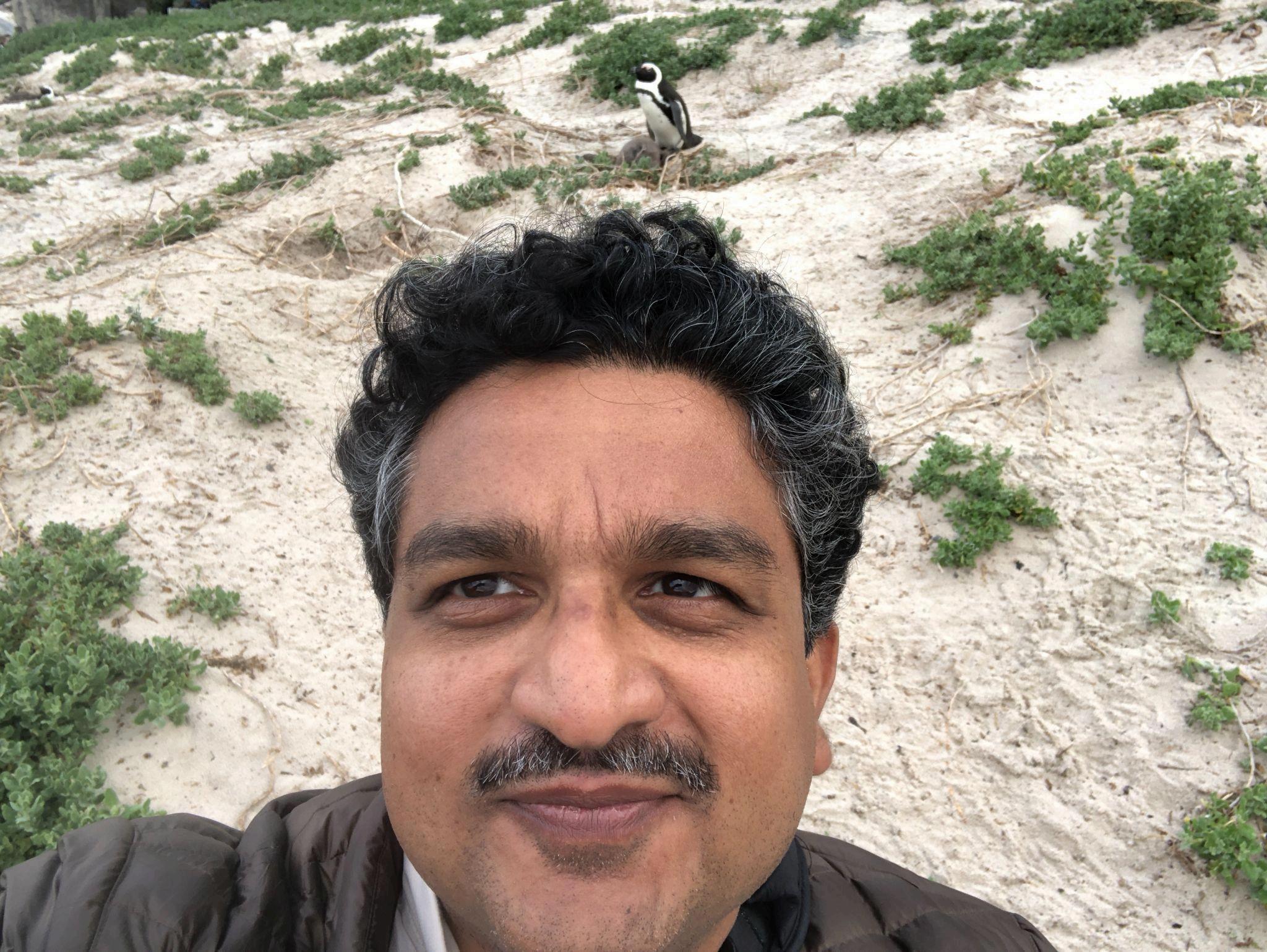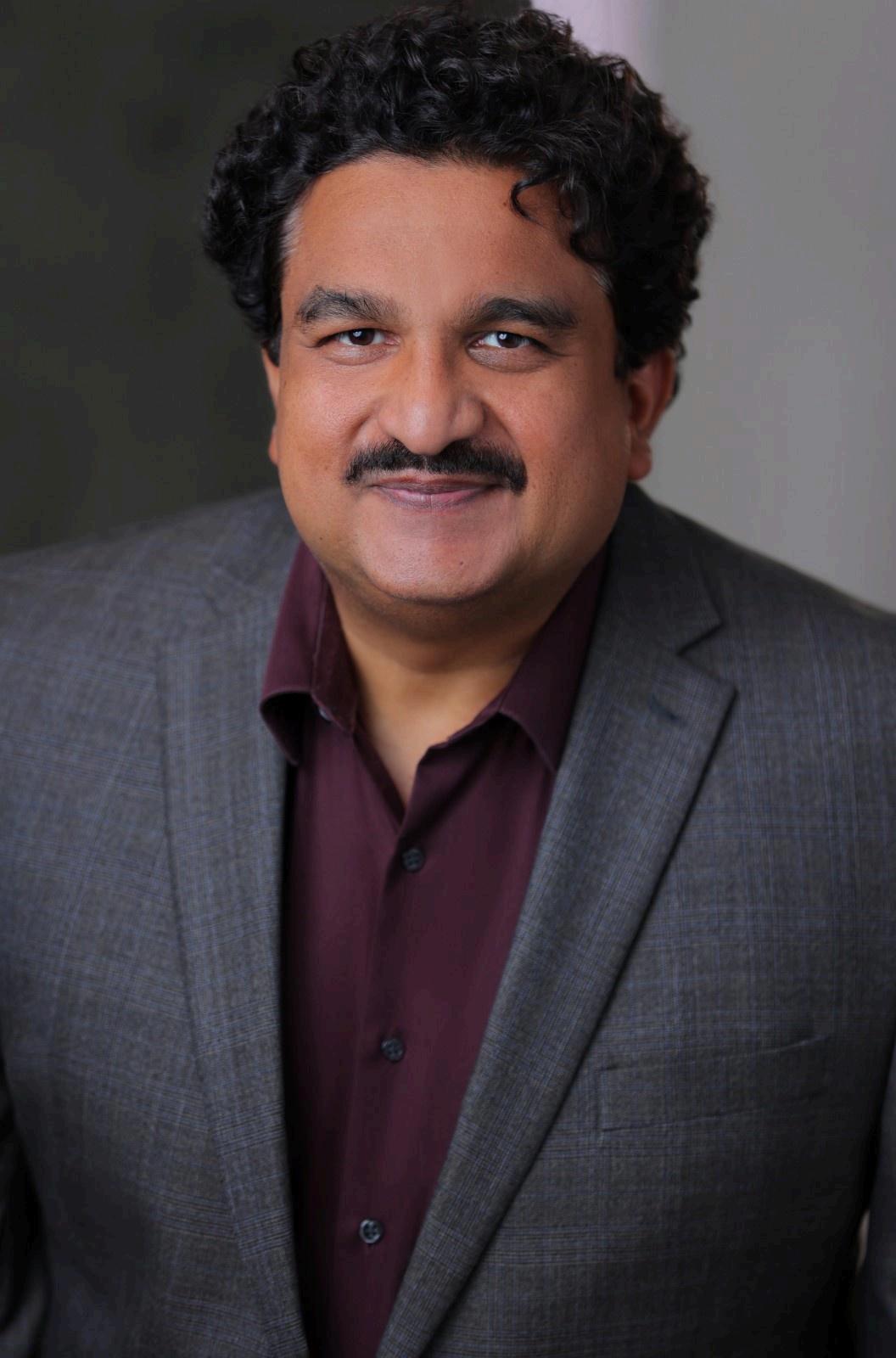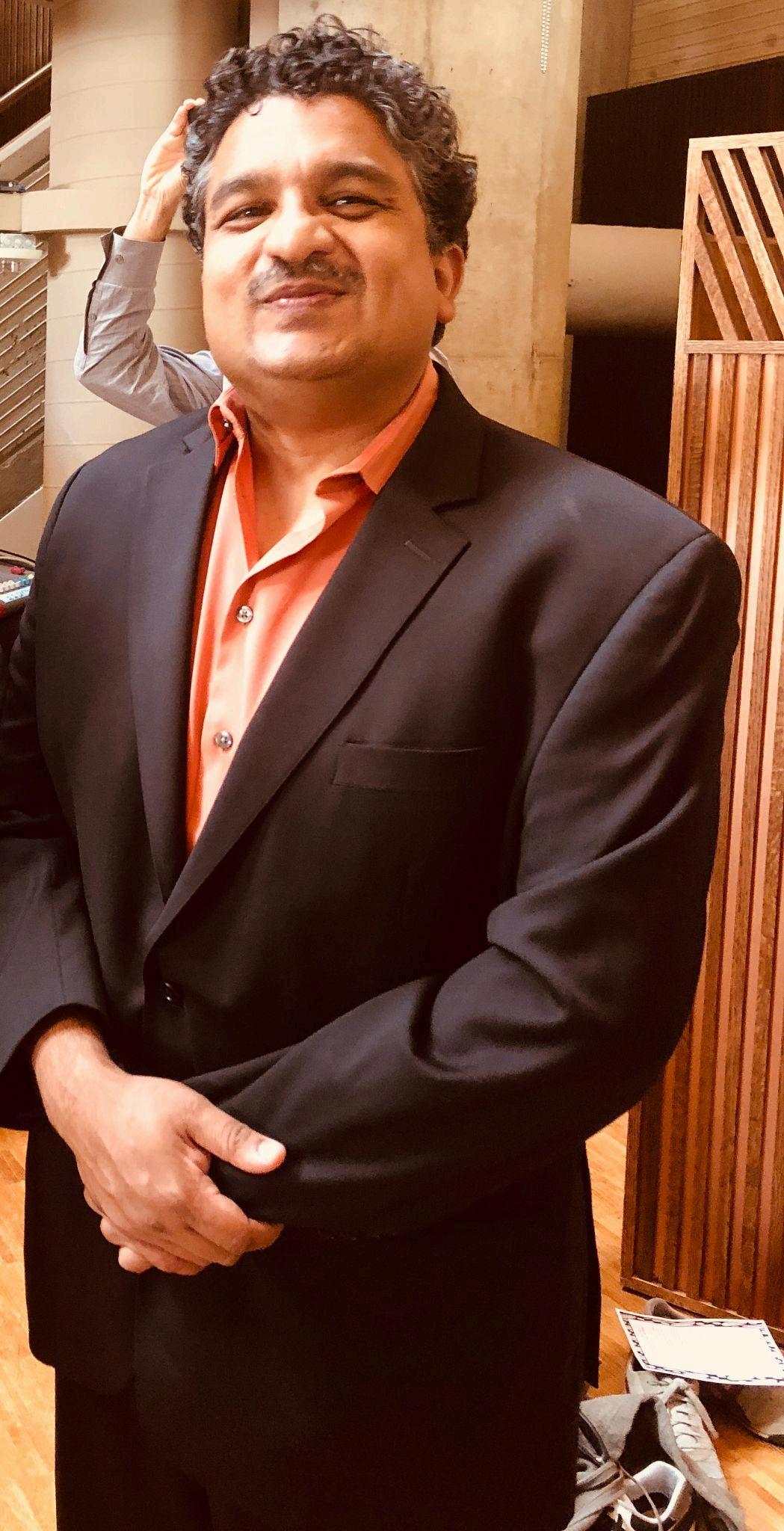Beyond the Microscope: The Value of Personal Passions in a Health Scientist’s Journey

Isam Vaid believes that the world of health science is one of precision, dedication, and continuous discovery Scientists working in this field spend countless hours studying data, conducting experiments, and analyzing results, all in the pursuit of improving human health. Yet even the most devoted researchers need balance to maintain focus and creativity. Hobbies play a vital role in enriching a health scientist’s life, offering not only relaxation but new perspectives that enhance both professional and personal growth. Engaging in meaningful pastimes fosters well-being, reduces stress, and maintains the mind's flexible qualities, which are essential for success in the demanding realm of science
One of the most rewarding hobbies for health scientists is writing While scientific writing focuses on accuracy and clarity, creative or reflective writing opens a different kind of intellectual space. Journaling, poetry, or storytelling enables scientists to express ideas and emotions beyond the confines of data and methodology This creative outlet sharpens communication
skills and encourages a deeper connection with thought and language Writing can also bridge the gap between science and the public, translating complex findings into narratives that inspire understanding and curiosity Through words, scientists rediscover their voice, striking a balance between the rigor of research and the freedom of imagination.

Gardening offers another form of enrichment that resonates with the spirit of observation central to scientific inquiry Tending to plants teaches patience and respect for natural processes Each seed sown and sprout nurtured mirrors the slow, steady progress of scientific discovery. Watching life unfold in soil reconnects scientists to the biological cycles they often study under microscopes. The act of nurturing growth also provides calmness and grounding, reducing the stress associated with analytical work Gardening encourages mindfulness and appreciation for life’s simple rhythms, reminding scientists that observation extends beyond the laboratory into the natural world.
Music brings harmony to both the analytical and emotional sides of a scientist’s mind Whether playing an instrument, singing, or simply listening deeply, music stimulates creativity and concentration It has been shown to improve cognitive function, memory, and mood, all of which are beneficial to a profession that relies heavily on focus and innovation. For many health scientists, music becomes a companion during long hours of research or a release after demanding workdays It reminds them that science and art are not opposites, but instead partners in exploring and expressing the complexities of the human experience. The melodies they enjoy often become the soundtrack to their inspiration and perseverance

Physical activity, such as hiking, yoga, or swimming, offers balance to the sedentary nature of laboratory work. These hobbies strengthen both body and mind, improving endurance, mental clarity, and emotional stability Hiking through nature promotes curiosity and observation, encouraging scientists to see patterns and systems in the environment that mirror those they study in biology or health. Yoga enhances mindfulness and focus, while swimming combines rhythm and effort in a meditative, flowing motion Regular physical activity helps manage stress and prevents burnout, ensuring that scientists can approach their work with sustained energy and perspective.
Artistic expression, whether through painting, photography, or design, offers an additional dimension of creativity that complements scientific work Creating visual art trains attention to detail, pattern recognition, and aesthetic awareness skills that are valuable in scientific observation and analysis. Photography, for instance, sharpens focus and appreciation for contrast and composition, mirroring the careful eye required in microscopy or data analysis The process of creation itself fosters patience and problem-solving. Through art, scientists reconnect with curiosity in its purest form, exploring without expectation This creative freedom revitalizes the mind and reinforces the joy of discovery that drives scientific progress

The hobbies that enrich a health scientist’s life are those that balance logic with creativity, structure with spontaneity, and intellect with emotion Writing, gardening, music, physical activity, and art each offer unique ways to restore focus and inspire new ways of thinking. These pursuits are not distractions from science but essential complements to it, keeping the scientist curious, grounded, and fulfilled. The most effective researchers are those who nurture both the mind that questions and the heart that feels. In embracing hobbies that bring joy and reflection, health scientists cultivate not just their knowledge but their humanity, proving that curiosity, in all its forms, is what truly sustains discovery.
